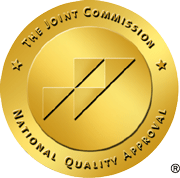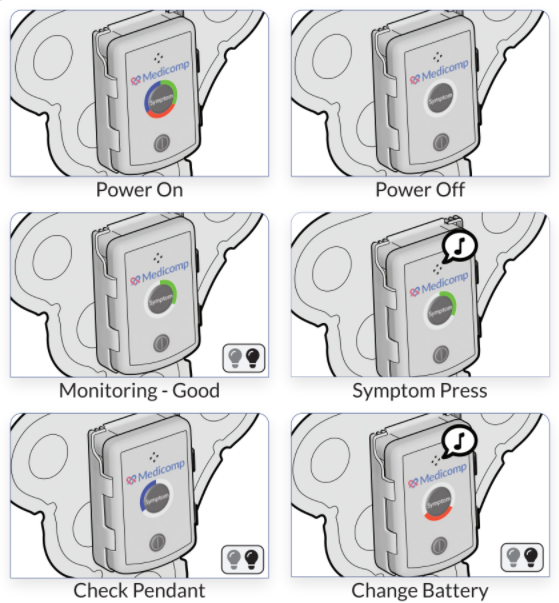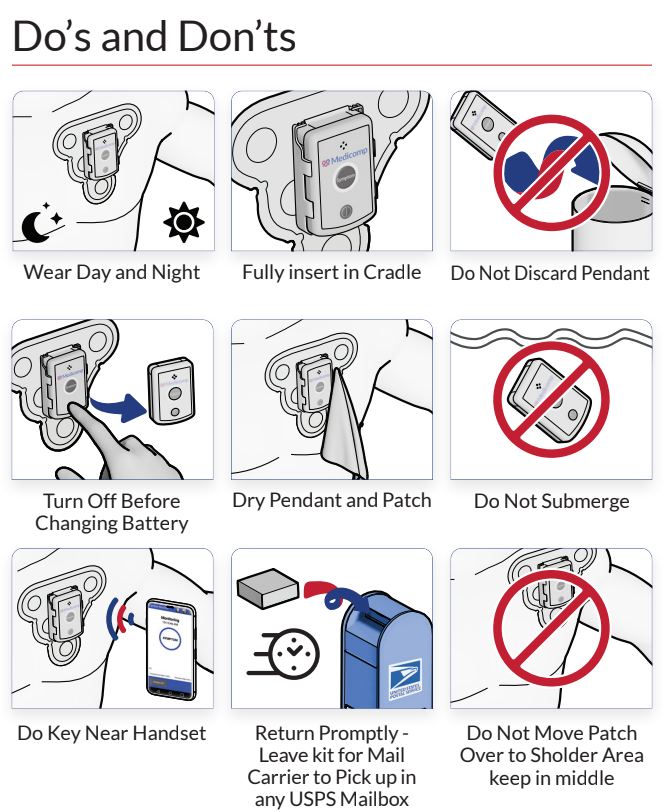The American Heart Association (AHA) has released their Heart Disease and Stroke Statistical Update for 2014. This update reports on the number of people affected by heart disease and stroke in the previous year and makes predictions for the new year. In America, heart disease is reported as being the number one cause of death per year, while stroke closely follows in fourth place. On a worldwide scale, women die as a result of heart disease more than all other forms of cancer combined. Despite the advances in medicine and medical practice the number of deaths caused by heart disease has only dropped by about 39 percent in the last decade. While this may seem like a high number concerning a drop in fatalities, the fact remains that heart disease is still the number one cause of death in America.
To reduce the risk of heart disease the AHA encourages everyone to keep track of these seven factors.
-
Smoking – Smoking has adverse affects on all parts of the body, especially the heart. It introduces chemicals that cause veins to become inflamed and block the passage of blood, increasing blood pressure and increasing the chances of blood clots forming in the veins.
-
Physical activity – Staying active and taking time for leisurely physical activities will reduce the chances of encountering heart problems.
-
Healthy diet – Maintaining a healthy diet that is low on salts and high in grains will help reduce unwanted amounts of stress on the heart.
-
Body weight – Similar to maintaining a healthy diet, maintaining a healthy body weight will reduce the amount of work your heart has to do to pump blood to all parts of your body.
-
Cholesterol – Cholesterol on its own is actually important to keeping us healthy, but it is important to maintain a healthy level and avoid foods that will increase it to an unhealthy amount.
-
Blood pressure – Having high blood pressure creates stress on the heart and arteries in the body so monitoring and preventing high levels is a must.
-
Blood sugar – High levels of sugar in the blood can damage the heart and increase the risk of contracting diabetes.
To learn more about how to maintain a healthy heart and cardiac monitoring, visit the ReactDx Inc. website today and get started on the journey to improve your heart health.



